Attack on Radhapada Roy: When poets cry

The attack on 80-year-old poet Radhapada Roy in Kurigram has only added to the list of reasons why many Bangladeshis feel ashamed of being perceived as the citizens of a country where communal elements are gaining ground. We can only wonder how a poet so revered – an author of at least 100 spiritual poems – could be beaten up with a bamboo stick when he had simply been fishing at a nearby pond in the morning. How did these goons muster up the audacity to attack an elderly man? And more importantly, why did they even do so?
Radhapada has said, while in hospital being treated for his injuries, that one of his attackers had quipped, "Nothing will happen if I beat a Hindu poet." The greatest tragedy is that Radhapada knew who his attackers were – they were men from a nearby village. One of them had gotten into an argument with the victim several months ago. It is therefore also puzzling why the attackers decided to assault the elderly poet so many months after the incident.
But we should own up to what has been happening in independent Bangladesh. We cannot be sure whether Radhapada's assault was part of any ploys to lay blame on a particular political party, or a random attack triggered by previous events. But it seems clear that Radhapada being a member of a minority community gave the attackers the audacity to commit such a reprehensible crime – because they thought they would get away with it.
The attackers' sense of infallibility is a consequence of an insidious movement that has been going on for a long time, and that is to change the identity of Bangladesh from a nation historically known for its religious harmony and tolerance for diversity, to one where negative communal ideas can thrive and even be encouraged for political expediency.
We have already seen how other poets, baul singers and, generally, members of minority communities have been threatened and attacked, with their homes destroyed and lives left in tatters. Ramu, Nasirnagar, Cumilla, Narail, Sunamganj – the list of places where communal attacks have taken place is endless. In almost all cases, there has been deafening silence and incredible apathy from the police, the majoritarian community, and the state in general.
This tacit tolerance of bigotry over the years has nurtured ideologies that are diametrically opposite to the founding principles of our nation. They are contradictory to our syncretic culture. Our freedom fighters fought with their lives and limbs to safeguard this harmonious existence and free us from the shackles of the racial and religious discrimination clamped onto us by a foreign regime. But it did not take long for intolerance and hatred for "the other" to pull us back, especially when consecutive governments decided to hold hands with groups that were explicitly against the pluralistic spirit of our independent nation, allowing them to spread their tentacles all over the country.
Thus we, Bangladeshis, have watched helplessly as bigots have successfully erased the work of writers and poets from school textbooks, citing their last names, and as baul singers have been arrested and imprisoned for their spiritual songs. Everything has become a question of "hurting religious sentiments" (of the majoritarian population) and "an attempt to tarnish the image of the country," or just plain "anti-state." These are the phrases that are used to take away (using draconian laws) the freedoms of citizens for simply expressing a different point of view. Even poetry and song – mediums that convey our deepest emotions and represent our very souls – are being labelled as dangerous or sacrilegious.
In this pre-election period, it will not be surprising to see instances of bigotry as political parties try to affiliate themselves with religious groups in hopes of expanding their voter base. As we have seen already, many new religion-based parties have cropped up to challenge the existing ones. These alliances – and the popular response of looking the other way when blatant acts of violence against minority communities take place – will further erode the syncretic culture we are so proud of as Bangladeshis.
Unfortunately, Bangladesh is changing and is in danger of moving further away from the ideals of the Liberation War. We can no longer just pay lip service to the spirit of the war through ritualistic observations of days. It's time we took a deep look into ourselves and ask: who have we become?
Aasha Mehreen Amin is joint editor at The Daily Star.
Follow The Daily Star Opinion on Facebook for the latest opinions, commentaries and analyses by experts and professionals. To contribute your article or letter to The Daily Star Opinion, see our guidelines for submission.

 For all latest news, follow The Daily Star's Google News channel.
For all latest news, follow The Daily Star's Google News channel. 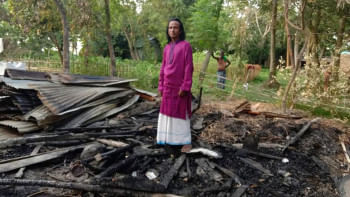
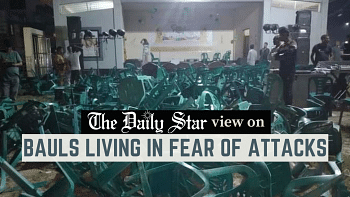
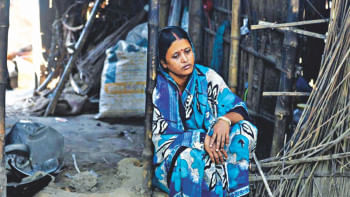





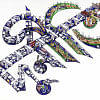


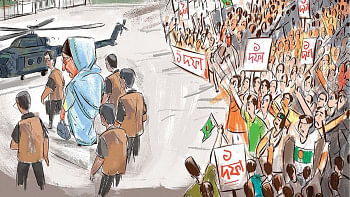
Comments